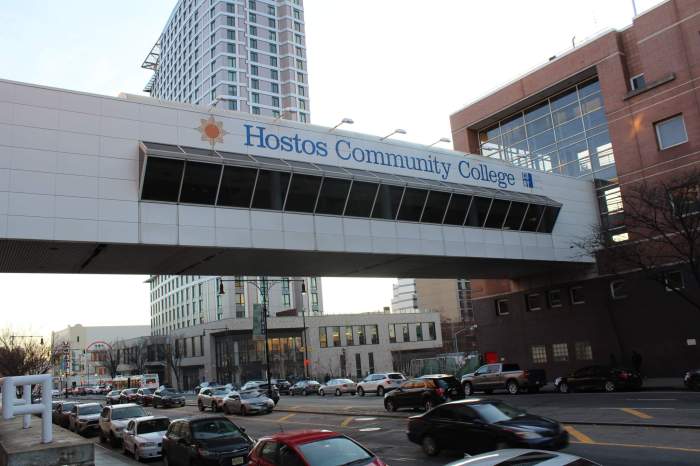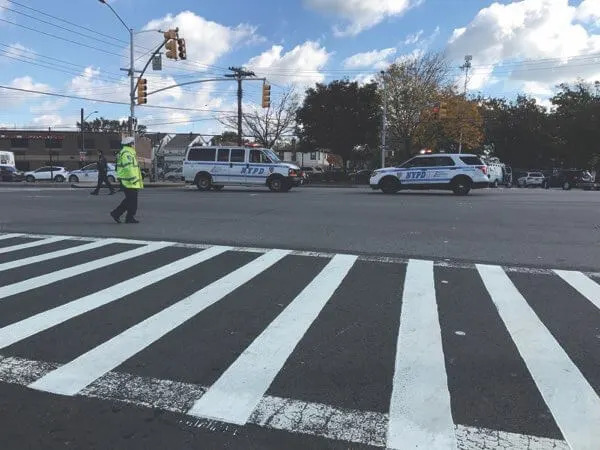
Republican candidate for State Senate Chris McGrath’s district lies on the Nassau County side of New York City’s border — but he has strong opinions about the leader to the West.
New York City Mayor Bill de Blasio is “looking to get his hands on our district,” McGrath said in an endorsement interview with Newsday’s editorial board. If the State Senate flips from Republican to Democratic control, de Blasio would be “the most important person in the state of New York.” McGrath doesn’t mean that as a good thing.
McGrath is just one of many Long Island Republican State Senate candidates who have raised the specter of de Blasio in their races, either by name or insinuation. The reason? Simmering beneath the non-stop shock and awe of the presidential election is a similarly consequential battle for the balance of power in New York State between urban and suburban districts via their typical proxies, Democrats and Republicans.
At stake, according to candidates like McGrath: where the money goes.
It all comes down to taxes
The possibility of Democrats controlling state government is terrifying to suburban Republicans, who are hitting the hustings to warn of the supposedly bad old days of 2009-2010, the last time Democrats led the chamber.
During that brief period, Democrats did two things that particularly rankled their Long Island opponents:
There was the creation of a payroll tax on NYC and the surrounding area with funds going to the MTA — the subways, buses, bridges and tunnels pivotal to the downstate economy.
And they did some rejuggling of school funding which favored city schools over those on Long Island.
The MTA is woefully underfunded and lacking in capital upgrades — the more controversial, if targeted, plan to toll East River bridge crossings was (and is) going nowhere fast. The money had to come from somewhere. Concerning schools, many city schools (and those in poorer areas of Long Island) were chronically underfunded, Democrats argued. A 2006 Court of Appeals decision concluded the same.
You might say the purpose of central government tax policy is to take more money from relatively wealthy areas and apply some to relatively poorer to have better outcomes and a fairer system statewide. Particularly in the wake of a recession that bared the country’s economic disparities.
But many Long Islanders on both sides of the aisle argued that the loss in funding was too far out of proportion with what they were sending to the state. Combined with what were seen as too-onerous property taxes, many found it unfairly debilitating.
In 2010, two newish minted Democratic senators from the island lost their jobs, partially due to the funding uproar. The “urban party” lost its foothold.
Campaigning against ‘de Blasio’s New York’
With Democrats again threatening Long Island State Senate seats, Republicans are trying to draw a distinction between city and suburban mentalities.
That difference in desired policy matched a difference in the cultures of the places themselves, as McGrath said in a follow-up conversation explaining his belief that “the city way of life is different than my way of life and the way of life of the families in our district.” Attitudes toward “quality of life” had become different outside vs. inside the city lines, where he said marijuana use was tolerated, along with “urinating on the street and defecating in parks.”
That’s #deblasiosnewyork, and he says the mayor would become the most powerful official in the state should his wing of radical Democrats take control. Then, presumably, the urine deluge.
De Blasio isn’t exactly a non-combatant here. In 2014, he campaigned aggressively for Democrats to retake the State Senate. Perhaps too aggressively — his fundraising activities from that period in which he allegedly tried to direct money to battleground candidates is under state and federal investigations.
He partnered with a Working Families Party push to bring Democrats to power. That attempt ultimately failed, and contributed to the wrath of state Republicans who have worked to stymie the mayor ever since.
De Blasio has been less active this cycle but his name might be taken in vain in more negative campaign ads than ever.
He is slowly rebuilding his NYC approval rating and tentatively looking toward his re-election bid next year, even as he’s attacked at home from the right and the left who think he’s doing too much and too little, respectively. It’s unclear that he will wield the statewide power that some fear, particularly when many State Senate Democrats are taking pains to promise that they won’t do anything crazy with the money again.
City residents might say — more funding would certainly be a good thing. Long Island dwellers will likely say the same. A more comprehensive solution than simply pointing to money supposedly taken from one or the other will be necessary for the next state legislature. In the meantime, Republicans slamming on de Blasio won’t exactly hurt his street cred here. The mayor might find that being a boogeyman bodes well at home.

















